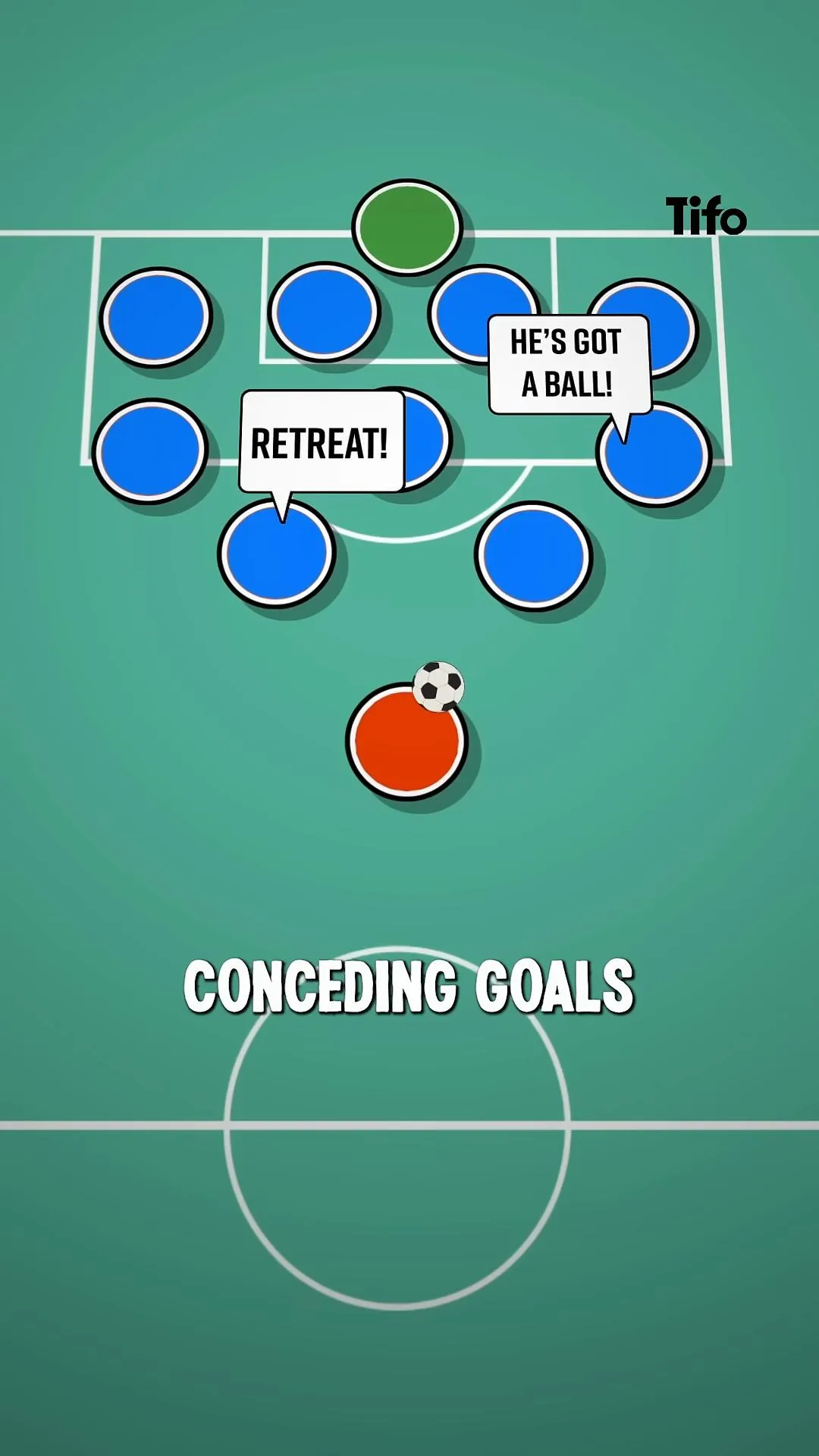The Champions League away goals rule has been a significant aspect of knockout football for decades, but its recent abolishment has left many fans wondering: Is the Champions League better without the away goals rule? This question evokes strong opinions among football enthusiasts, analysts, and players alike. While some argue that the rule created a more thrilling atmosphere, others believe it encouraged overly cautious play, ultimately detracting from the excitement of the game. In this article, we’ll explore the implications of this rule change, its historical context, and whether its removal enhances or diminishes the Champions League experience.
With the abolition of the away goals rule in 2023, matches that end in a tie on aggregate will now proceed to extra time and, if necessary, penalties. This shift aims to encourage teams to play more attacking football during both legs of the knockout stages. But does it truly yield better football? Let’s dive deeper into the topic.
Understanding the Champions League Away Goals Rule
Before we discuss the impact of removing the Champions League away goals rule, it is essential to understand what it entailed. Introduced in the 1960s, the rule was designed to offset the disadvantages of playing away from home, where travel, unfamiliarity, and hostile environments could hinder a team’s performance. The rule stated that if two teams were tied on aggregate score after two legs, the team that scored more goals away from home would advance.
The Historical Context of the Away Goals Rule
The away goals rule was established during a time when travel was more arduous, and home advantage was more pronounced. Teams often faced long journeys, which could affect player performance. By awarding extra importance to away goals, the rule aimed to reward teams for their efforts in hostile conditions.
Advantages of the Away Goals Rule
- Encouraged attacking play: Teams were motivated to score away goals, leading to more open and exciting matches.
- Added drama: The prospect of away goals often kept fans on the edge of their seats during crucial knockout games.
- Preserved home advantage: It acknowledged the difficulties of playing away and provided a strategic element to the competition.
Disadvantages of the Away Goals Rule
- Negative tactics: Teams sometimes played too defensively at home, fearing the consequences of conceding goals.
- Early conclusion of matches: Some second legs became less competitive if one team gained a significant advantage in the first leg.
- Inconsistent application: The interpretation of the rule varied, leading to confusion and controversy.
Impact of Abolishing the Champions League Away Goals Rule
With the change implemented in 2023, the football world has been buzzing with discussions about its implications. The intention behind abolishing the Champions League away goals rule is to encourage more dynamic and aggressive play from both teams in knockout rounds.

Does the Change Favor Attacking Football?
One of the primary arguments in favor of abolishing the rule is that it eliminates the fear factor associated with conceding goals at home. Teams are now more likely to adopt an attacking strategy, knowing that their away goals do not provide an additional advantage. This shift could lead to more thrilling encounters and a higher likelihood of goals scored in both legs.
Examples of Impactful Matches
Consider the high-stakes matches in the Champions League prior to the abolition of the away goals rule. Teams often played cautiously, aiming to secure a draw at home while hoping for a favorable result away. With the new rule, fans can expect a different approach. For example:
- Manchester City vs. Real Madrid: In the past, both teams might have played conservatively to avoid conceding. Now, they are likely to adopt a more attacking style, leading to a more entertaining match.
- Bayern Munich vs. Liverpool: This tie could have seen Liverpool play defensively at Anfield, but with the new rule, they may push for goals to secure a win.
Fan Reactions to the Rule Change
Fans have had mixed reactions to the abolishment of the Champions League away goals rule. Some are excited about the potential for more attacking football, while others lament the loss of a cherished tradition. Notably, former players and analysts have weighed in on the debate:
“Football should be about scoring goals and entertaining fans. The abolishment of the away goals rule opens up the game and allows teams to play to win without fear.” – A prominent football analyst
The Future of the Champions League
As we look ahead, the implications of this rule change will likely influence the tactical approaches of teams in the Champions League and beyond. Coaches may now prioritize offensive strategies, leading to a shift in how matches unfold.
Potential Consequences for Other Competitions
The removal of the away goals rule could also inspire changes in other competitions, such as the Europa League and domestic cup tournaments. As teams adapt to this new landscape, we may see a ripple effect that alters the way football is played across various formats.

Key Takeaways from the Rule Change
- The abolishment of the away goals rule aims to encourage more attacking play in knockout rounds.
- Teams may adopt aggressive strategies, leading to more thrilling matches.
- Fan reactions are mixed, with excitement over potential changes and nostalgia for tradition.
- The impact of this rule change may extend to other competitions, influencing football tactics worldwide.
In light of the changes to the Champions League format, the future of football at the elite level looks promising. The removal of the away goals rule opens doors for more excitement, unpredictability, and engagement for fans. As teams adjust to this new dynamic, we can expect to witness matches filled with intense competition, as clubs strive to outscore each other in both legs of the knockout rounds. The evolution of football continues, and with it, the anticipation for thrilling moments on the pitch. Whether this change ultimately benefits the sport remains to be seen, but one thing is certain: the beautiful game is always evolving.
